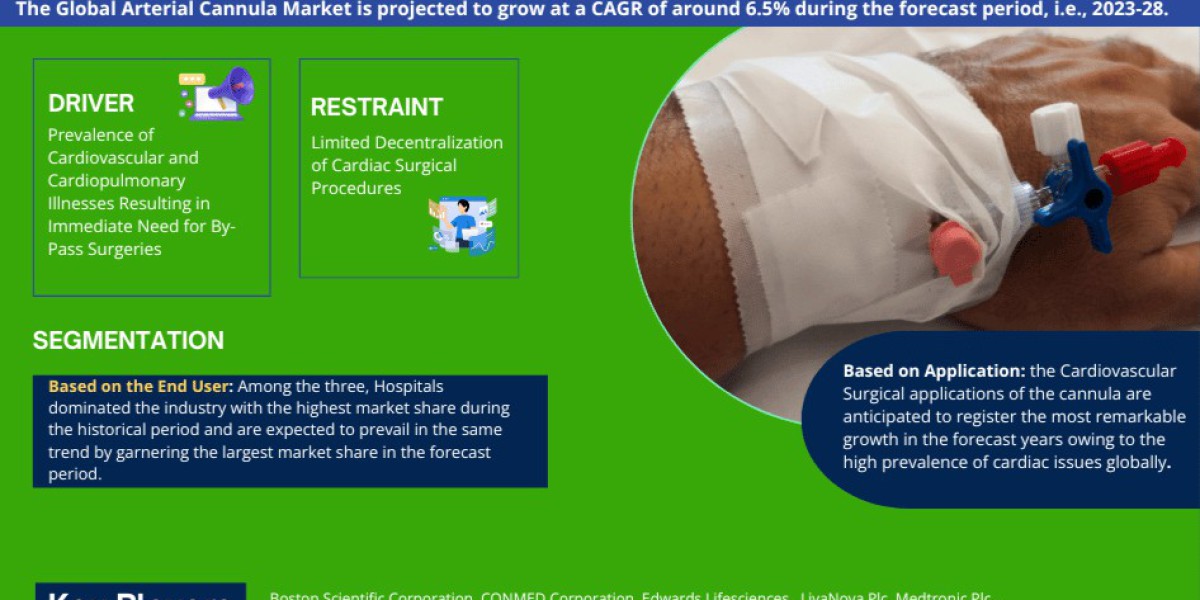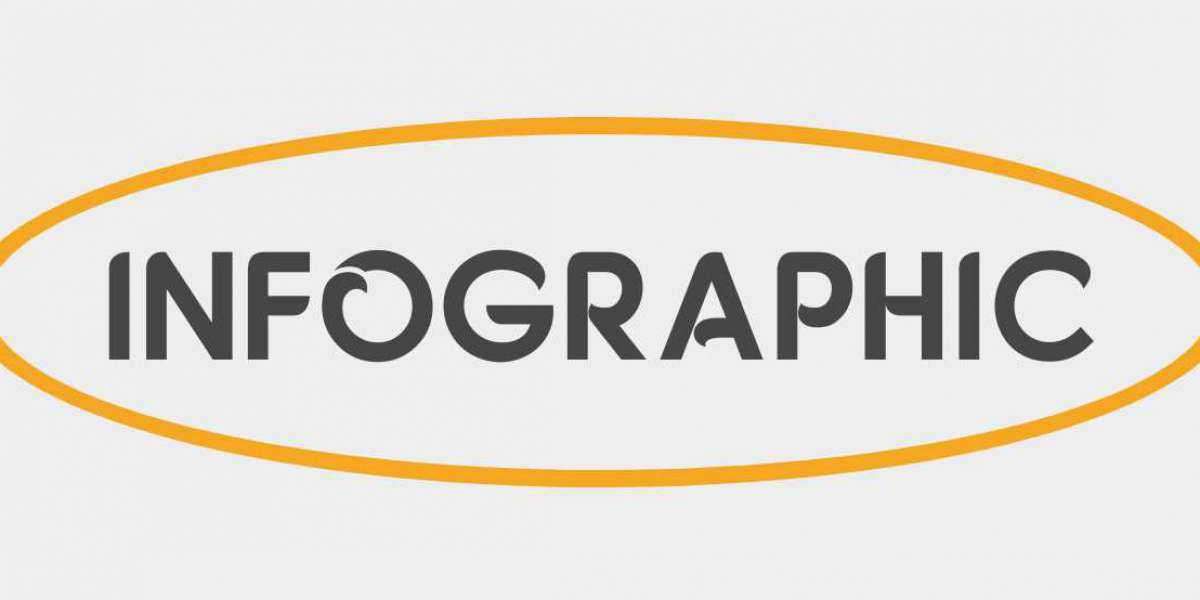The healthcare landscape is undergoing a transformative shift, driven by advancements in technology and a growing emphasis on patient-centric care. In this dynamic environment, custom applications are emerging as powerful tools to empower patients, enhance care delivery, and optimize healthcare outcomes.
Moving Beyond the One-Size-Fits-All Approach
Traditional healthcare systems often rely on generic software solutions that fail to cater to the unique needs of individual patients and healthcare providers. This one-size-fits-all approach can lead to inefficiencies, miscommunication, and ultimately, suboptimal care.
Custom applications, on the other hand, are designed and developed specifically for the needs of a particular healthcare organization, department, or even individual patient. This bespoke approach allows for:
- Personalized care: Applications can be tailored to address specific patient conditions, treatment plans, and preferences. For example, a custom app for chronic disease management can provide patients with educational resources, medication reminders, and tools for tracking their symptoms and progress.
- Improved communication: Secure messaging platforms and telehealth functionalities can facilitate seamless communication between patients and healthcare providers, fostering trust and collaboration.
- Enhanced efficiency: Streamlined workflows, automated tasks, and data integration can significantly reduce administrative burden and allow healthcare professionals to focus on patient care.
- Data-driven insights: Custom applications can collect and analyze real-time data, providing valuable insights into patient health, treatment efficacy, and resource utilization. This data can be used to inform clinical decision-making, improve care quality, and optimize resource allocation.
Examples of Empowering Healthcare Applications
- Remote patient monitoring: Wearable devices and sensors can collect real-time data on vital signs, medication adherence, and activity levels, enabling healthcare providers to remotely monitor patients with chronic conditions and intervene proactively when necessary.
- Mental health support: Chatbots and AI-powered applications can provide patients with immediate access to mental health resources, self-management tools, and peer support, even outside of traditional therapy sessions.
- Surgical planning and precision medicine: Custom applications can integrate medical imaging data, genetic information, and other patient-specific factors to create personalized surgical plans and treatment protocols, leading to improved outcomes and reduced complications.
- Patient education and engagement: Interactive applications can provide patients with clear and accessible information about their conditions, treatment options, and self-care strategies, promoting informed decision-making and active participation in their healthcare journey.
The Future of Custom Applications in Healthcare
The potential of custom applications in healthcare is vast and continues to evolve. As technology advances, we can expect to see even more innovative solutions emerge, such as:
- Artificial intelligence-powered diagnostics and treatment recommendations: AI algorithms can analyze vast amounts of medical data to identify patterns and trends, assisting healthcare providers in making accurate diagnoses and personalized treatment plans.
- Virtual reality and augmented reality applications for medical training and patient education: VR and AR can create immersive and interactive experiences that enhance medical training, improve patient understanding of complex procedures, and reduce anxiety before surgery.
- Blockchain-based healthcare platforms for secure data sharing and patient empowerment: Blockchain technology can ensure the secure and transparent sharing of medical data, giving patients greater control over their health information and enabling them to participate in research studies.
Conclusion
Custom applications are not simply tools for streamlining healthcare workflows; they represent a fundamental shift towards a more patient-centric and data-driven approach to healthcare delivery. By empowering patients, enhancing communication, and providing valuable insights, custom applications development have the potential to transform the healthcare landscape and improve the lives of millions of people.
As we move forward, it is crucial for healthcare organizations to embrace the potential of custom applications and invest in solutions that cater to the unique needs of their patients and providers. By doing so, we can create a healthcare system that is truly empowering, efficient, and effective for all.
I hope this article has provided you with valuable insights into the transformative power of custom applications in healthcare. If you are interested in learning more about how custom applications can benefit your healthcare organization, please feel free to contact me for further discussion.
Additional Resources:
- How Custom Healthcare Apps Can Improve Patient Care and Outcomes
- The Rise of Custom Healthcare Apps: A Trend Worth Watching
- 5 Ways Custom Apps Are Revolutionizing the Healthcare Industry



